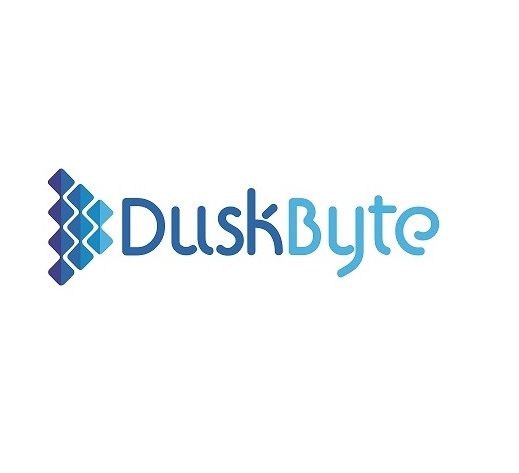
Reasons why your organization must choose managed IT services provider
-

-
Author
Duskbyte Staff -
Published
An IT branch of a company is frustrated with demands and is finding it impossible to address the problems efficiently. They are still very sluggish in their network, but the IT team is so stuck with other concerns that it takes them a while to make it work efficiently.
The company begins to obtain support so that downtimes can be reduced. They explore the option of using an MSP to fulfill your everyday needs and free up internal resources to work on more strategic initiatives.
According to Managed IT services provider companies increasingly rely on MSPs to resolve elements of their IT needs through a joint relationship with the internal IT department. Many times, organizations do not choose to be professionals in specialized technological programs, but they are prepared to recruit specialists to provide a high standard of operation.
- Managed IT services encourage organizations to focus on an experienced third-party company to manage their IT activities.
- These third-party providers, as agreed in the SLA (service-level agreement), hold the liability for the whole or portion of the company’s IT ecosystems.
- Usually, IT gear is bought by the consumer, and devoted IT firms will provide 24-hour control, problem-solving, and more based on SLA.
- IT service providers charge a flat rate for the supply of their services over a certain duration according to the administration of the service level.
Is it cost-effective?
Managed IT services help companies, rather than day-to-day activities, to concentrate on key programs and strategic work. In the long term, this saves revenue, as often managed services often pay less than most conventional services or workers. MSP organizations like Duskbyte have access to 40 to 50 IT personnel, trained in different areas of the IT sector, including networking, storage, virtualization, compliance, surveillance, applications, and so on.
The lowest outlay of capital
There will be a major investment in specialized hardware and applications. A regulated service provides consumers with the best-performing options for businesses and operators. A monthly fixed payment schedule ensures that you know what you can get and how long the deal will cost. No unforeseen upgrade costs or fee changes, guaranteed.
Converged services
A single “converged” link can provide multiple Managed IT Facilities, which can reduce infrastructure costs. The fact that distant personnel operating from home have access to all Voice & Data apps your HQ team uses offers extra benefits for flexibility and effectiveness.
Centralization
You are able to centralize all the software and servers in managed data centers through a managed network, which increases employee efficiency, regardless of location. Access to centralized network data centers, as well as cloud or redundant facilities, may also provide connectivity to virtual networks. We hope this blog will help you to take the right decision while going for managed IT services.